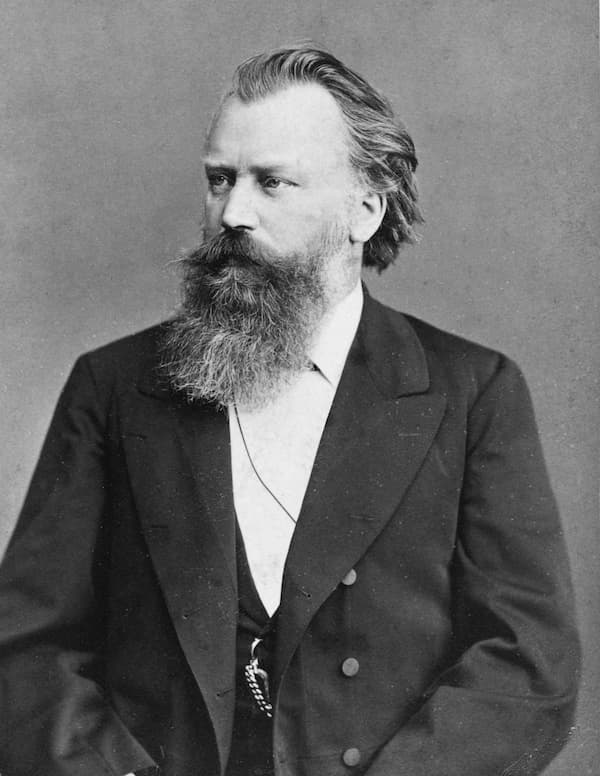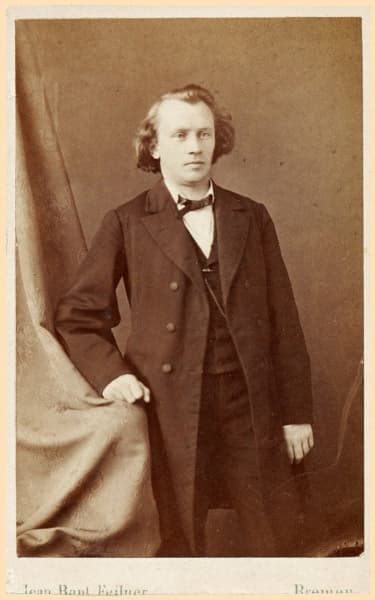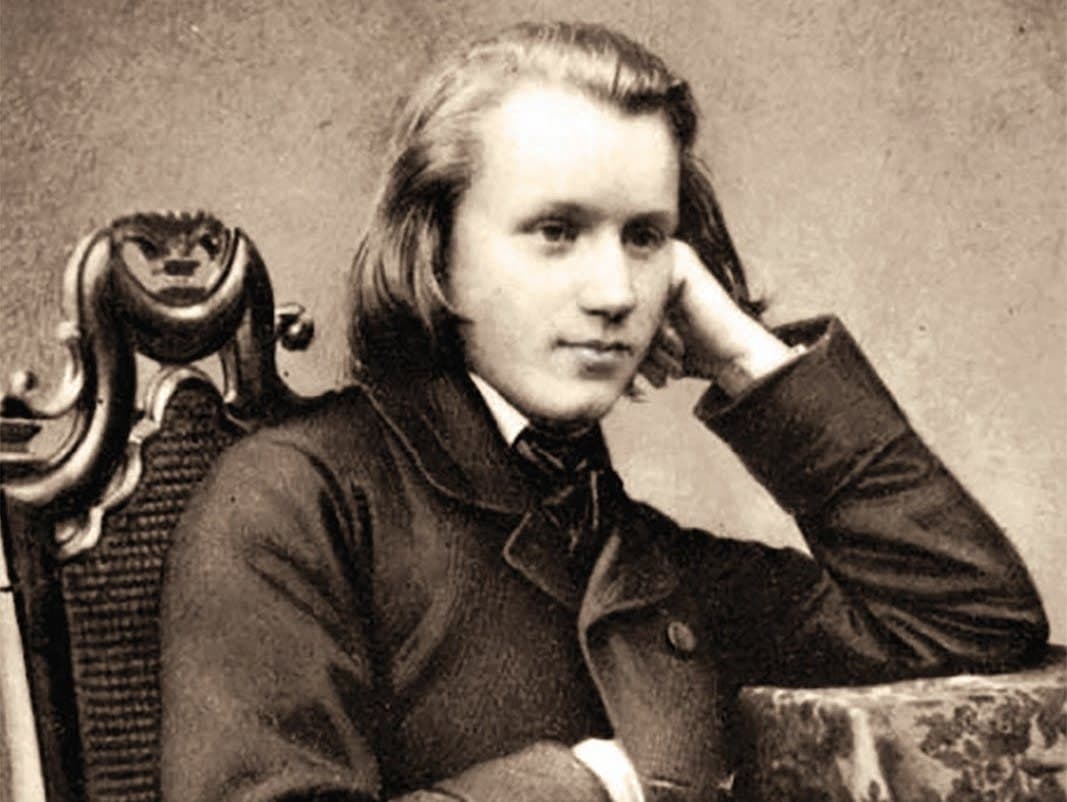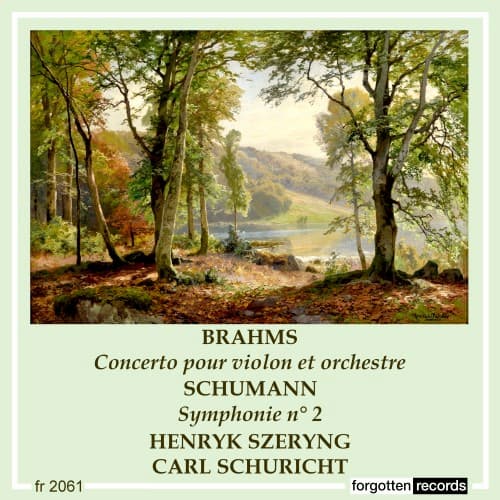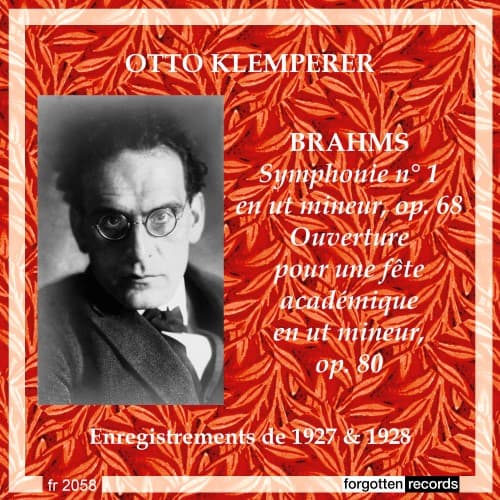Johannes Brahms had trouble with women. He objectified most of them, thought of them as either Madonnas or whores, and heartily agreed with prevailing social attitudes that they should concentrate on Kinder, Küche, Kirche (Children, Kitchen, Church), to quote a
Brahms
Max Bruch: Symphony No. 1 in E-flat Major, Op. 28 It has been said that Johannes Brahms and Max Bruch (1838-1920) enjoyed a long but superficially cordial relationship. Actually, Bruch considers Brahms “an arrogant and disagreeable man, liable to react
There are countless reasons why composers attached dedications to their scores. In a wonderful study, Emily H. Green has attempted to unravel the complex relationship between composers, publishers, and consumers of music. For one, works might be dedicated to patrons,
Johannes Brahms was seemingly nonchalant when it came to critical assessments of his work or the opinions of his fellow composers. Nevertheless, he proudly and secretly kept a handwritten list of works dedicated to him by other composers. In a
Johannes Brahms was born in 1833 in Hamburg, Germany. He ended his life one of the undisputed giants of nineteenth century music. Here are a few facts about his life and music: Brahms spent his career caught up in an
Johannes Brahms (1833–1897) first started working on a violin concerto in 1878, intending to write a 4-movement work. He sent his first drafts to his friend and the dedicatee, the violinist Joseph Joachim, in August 1878 and asked him to
When Johannes Brahms first met Richard Wagner in 1863 he played his Variations and Fugue on a Theme by Handel, Op. 24 for the prophet of the “Artwork of the Future.” The work sounds like an impressive catalogue of variation
Brahms’ honorary doctorate in 1879 from the University of Breslau described him as ‘artis music sevioris in Germanic nuns princeps’ or ‘the foremost composer of serious music in Germany’. You can imagine the problem that Wagner had with that commendation!

